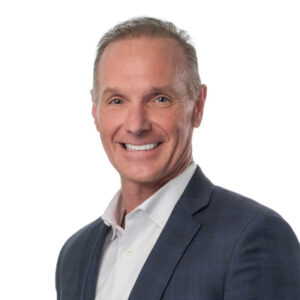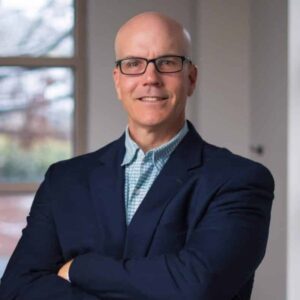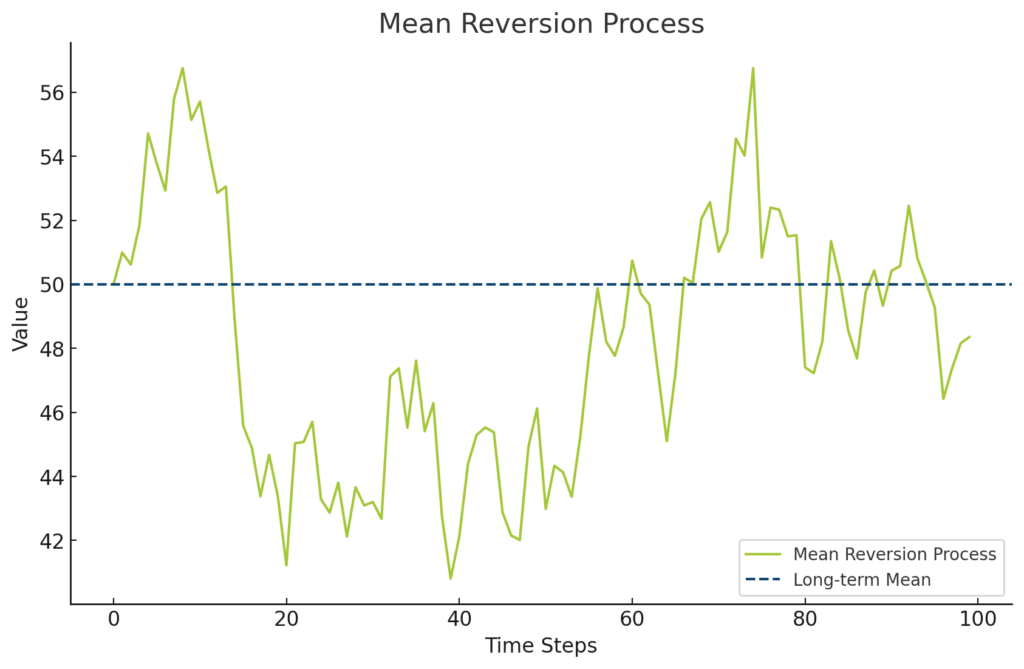
Reading Time: 5 minutes
As the year draws to a close, it’s an ideal time to review your financial situation and make strategic moves to optimize your tax picture. At Intelligent Investing, we believe proactive tax planning is essential to effective wealth management. Thoughtful, year-end tax strategies can reduce your tax burden, enhance your financial flexibility, and maximize the value of your investments. By carefully managing taxes, you’re not only keeping more of what you’ve earned—you’re aligning your financial plan with your future goals.
At Intelligent Investing, we’re passionate about helping our clients navigate the complexities of tax planning with personalized advice and strategies tailored to your unique financial situation. If you’re looking to make the most of this year’s opportunities and set yourself up for success, we’re here to help.
Here are 20 essential year-end tax tips to consider:
-
-
Make Last-Minute Charitable Donations If you itemize, consider charitable contributions to maximize your deductions. Be mindful of your deduction limits so you can make the most of your generosity.
-
Optimize Your Annual Gift Exclusions The annual gift exclusion for 2025 is $19,000 ($19,000 for 2026) per individual. Maximize tax-free transfers to family or friends as part of your long-term gifting strategy.
-
Evaluate Capital Gains and Losses Review your portfolio for potential capital gains and losses. Tax-loss harvesting allows you to offset gains with losses, which can reduce your taxable income. If your net capital loss exceeds the $3,000 annual limit, you can use the remaining amount to lower your ordinary income up to this limit each year and carry forward any additional losses to future tax years. This strategy can help manage your tax bill both now and in the years ahead.
-
Use the Kiddie Tax Threshold If your child has unearned income, consider the kiddie tax rules. Up to $2,700 ($2,700 for 2026) of unearned income can be taxed at your child’s lower rate—helping you reduce the family’s overall tax burden.
-
Contribute to Retirement Accounts Max out contributions to IRAs, 401(k)s, and other retirement accounts. For 2025, the 401(k) limit is $23,500 ($24,500 for 2026) and the IRA limit is $7,000 ($7,500 for 2026). These contributions reduce taxable income and help fund your retirement.
-
Consider Donating Appreciated Stock Donating appreciated investments (held for over a year) can yield a double tax benefit: avoid capital gains tax on the growth and receive a charitable deduction for the full value. For investments held less than a year, your charitable deduction is generally limited to the cost basis (what you originally paid for the stock), not its current market value. This means you won’t be able to deduct the full appreciated value of the stock.
-
Confirm RMD Compliance If you’re over 73, ensure you’ve taken your required minimum distribution (RMD) from traditional retirement accounts. Missed RMDs can incur a steep penalty. We handle this for all our clients to ensure no RMDs are missed.
-
Maximize Tax-Free Accounts Check your Flexible Spending Accounts (FSAs) and dependent care accounts to ensure you’ve spent funds that won’t roll over into the new year. For 2025, the FSA contribution limit is $3,300 ($3,400 for 2026). Make the most of those contributions.
-
Plan for Roth IRA Conversions Consider a Roth IRA conversion if it aligns with your tax strategy. Converting now can create tax-free growth in future years, especially if you’re in a lower tax bracket.
-
Review W-2 Withholdings If you expect a significant change in income or deductions, adjust your W-2 withholdings for the upcoming year to avoid surprises.
-
Contribute to a 529 College Savings Plan If saving for a child’s or grandchild’s education is one of your goals, consider contributing to a 529 plan before year-end. Many states (like South Carolina) offer a tax deduction or credit for contributions, and the funds grow tax-free if used for qualified educational expenses. It’s a valuable tool to help reduce future education costs while potentially lowering your current tax burden.
-
Consider Tax-Advantaged Health Accounts Fully fund your Health Savings Account (HSA) if you have a high-deductible health plan. For 2025, the limit is $4,300 for individuals ($4,400 for 2026) and $8,550 for families ($8,750 for 2026). HSAs offer a triple tax benefit—tax-free contributions, growth, and withdrawals for qualified expenses.
-
Make Final Estimated Tax Payments If your withholding or estimated payments are falling short, make a final estimated tax payment by January 15 to avoid potential penalties.
-
Organize Your Tax Forms List expected 1099s, W-2s, and other tax forms. Preparing early makes filing smoother and helps catch any errors from financial institutions.
-
Consider Accelerating Deductions or Deferring Income If you’re able, consider accelerating deductions into this year, such as paying property taxes or making mortgage interest payments early. Conversely, if you anticipate being in a lower tax bracket next year, you might choose to defer income to the following year. This strategy can help you manage your taxable income and potentially lower your overall tax liability, depending on your current and future financial situation.
-
Plan for AMT Exposure High earners may be subject to the Alternative Minimum Tax (AMT). Review deductions that could trigger AMT, like state and property taxes, and adjust your plan accordingly.
-
Pay Off Deductible Expenses Early Similar to the idea mentioned in 15, consider prepaying certain deductible expenses—such as mortgage interest or medical bills—if you’re close to maximizing your itemized deductions this year.
-
Rebalance Your Portfolio for Tax Efficiency Rebalance your investments as part of year-end planning. This helps align with your target allocations and can minimize potential tax surprises next year. We monitor and rebalance our clients’ portfolios throughout the year.
-
Plan for Non-Cash Contributions Donated items like clothing or household goods can be deductible if donated to a qualified charity. Remember to get a receipt and document the fair market value.
-
Prepare for Higher Standard Deductions Similar to ideas mentioned earlier, if you won’t exceed the standard deduction this year $15,750 for singles ($16,100 for 2026) and $31,500 for joint filers ($32,200 for 2026), consider bunching deductions into every other year (e.g., doubling up on charitable gifts) to maximize tax savings.
-
Additional Items to Consider
-
New Higher Catch-Up Limits (Ages 60–63): Effective for 2025, the “catch-up” contribution for 401(k) participants aged 60 to 63 has increased to $11,250. This is significantly higher than the standard catch-up for those age 50+.
-
Estate Tax Exemption Increase: The federal estate and gift tax exemption is approximately $13.99 million for 2025 and rises to $15 million for 2026. This is a critical update for high-net-worth estate planning.
-
529-to-Roth Rollovers: You might consider adding a note about the ability to roll over unused 529 funds to a Roth IRA (up to a $35,000 lifetime limit), provided the account has been open for 15 years. This rule is now fully effective.
- Claim the New Senior Bonus Deduction If you are age 65 or older, you may now claim a new $6,000 bonus deduction ($12,000 for couples where both are 65+) on top of your regular standard or itemized deductions. Be aware that this benefit phases out for Modified Adjusted Gross Incomes (MAGI) over $75,000 for singles and $150,000 for couples. Ensure you meet the income requirements to claim this significant tax break for 2025 and 2026.
At Intelligent Investing, we view these tax strategies as essential components of your financial plan. Our fiduciary approach ensures that each strategy aligns with your long-term goals, reduces tax burdens, and preserves wealth for the future.
Feel free to reach out for a complimentary call or coffee. Now’s the time to take action, and we’re here to help every step of the way. Let’s end the year with a strategic approach that sets you up for financial success in 2026 and beyond.
Schedule a short discovery call or meeting





